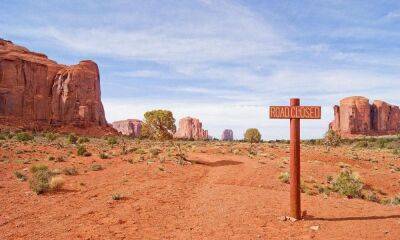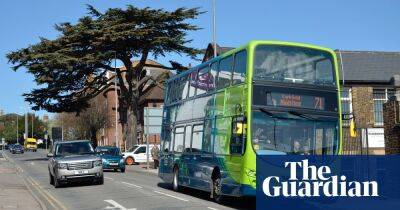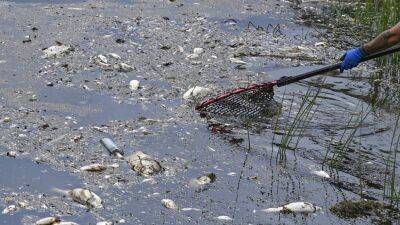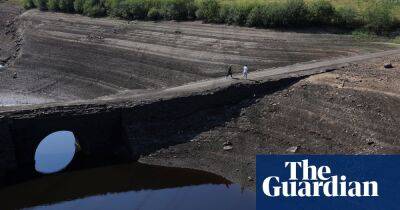Deep-sea mining talks end with no agreement on environmental rules
The negotiations on opening the world’s first deep-sea mines ended in Kingston, Jamaica, last week with no agreement, meaning that less than a year remains before a legal clause kicks in that could see seabed mining commence without any environmental or economic regulations in place.
Three weeks of discussions on the “two-year rule” at the council headquarters of the International Seabed Authority (ISA) – the UN body that oversees mining in international waters – ended in stalemate on 4 August. The two-year rule was triggered in July 2021 when the Pacific nation of Nauru declared its plan to start seabed mining.
That declaration effectively gave the ISA council two years to finalise the rulebook that would oversee all aspects of seabed mining, from environmental monitoring and compliance, to the royalty regime under which the proceeds of mining would be shared among member states. The latest round of negotiations showed how far off that final agreement remains, after discussions of the 670-page draft text ground to a halt.
Deep-sea mining involves retrieving mineral deposits from the area of the ocean below 200 metres down to the sea bed, which is the largest and least explored environment on Earth, occupying 65% of the planet’s surface. Mining firms say that metals found there, such as copper, nickel, aluminium, lithium, cobalt and manganese, are needed to make batteries, smartphones and solar panels.
When will it happen?So far, 31 exploration licences have been granted by the International Seabed Authority (ISA), a UN body, and 1.5m sq km has been set aside, equivalent to an area the size of Mongolia, in the Pacific and Indian Oceans as well as along the mid-Atlantic ridge. The decision by Nauru to trigger a rule forcing
Read more on theguardian.com






















